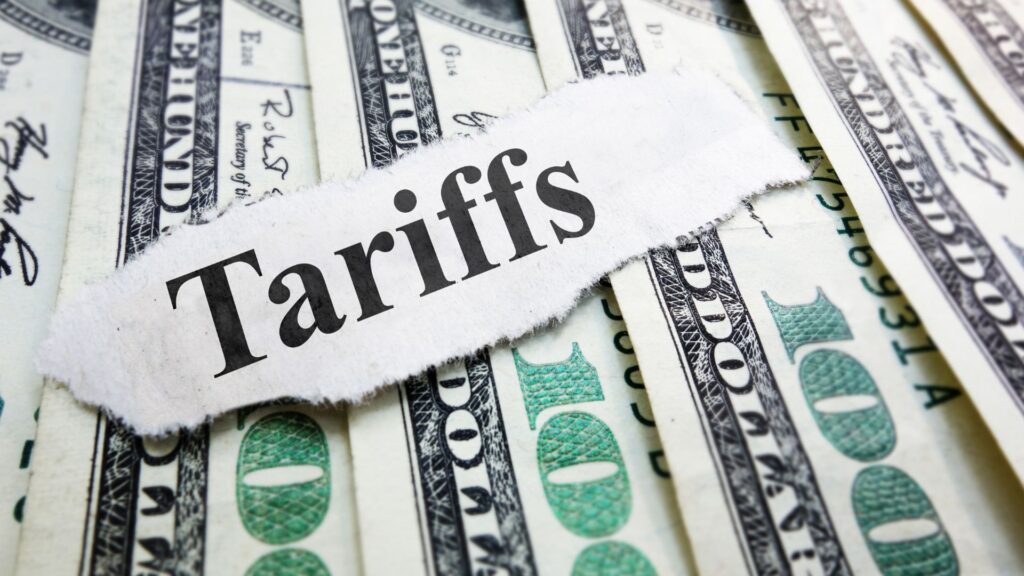Next month the biggest change in student finance will appear, as new ‘Plan 5’ loans launch for new higher education starters from England. We looked at what it means for new students starting in September.
What is the new Plan 5 student loan?
Plan 5 is a new repayment plan being introduced for students in England starting undergraduate and advanced learner loan courses. Students who are on plan 5 would see their loan last 40 years rather than 30. They would repay 9% of everything they earn over £25,000 after they graduate. So the more you earn, the more you would repay each month.
When will I have to repay my student loan?
Under the new Plan 5, students won’t have to repay anything until the April after leaving their course (April 2027); this will also be the case for students who have dropped out early. Students only have to start repaying the loan if they hit the repayment threshold and are earning over £25,000 a year. If you are earning less than that, you won’t start repaying the loan until you do. You can also opt to make extra repayments to clear the loan quicker if you want to do so – there’s no extra charge for doing this. To read more about repaying your student loan take a look at the government website.
How much interest will I pay on my student loan?
The interest you pay on your loan will start from the day you take it out, but the amount will vary depending on the location of the course. It’s worth remembering that terms and conditions can change after you have loaned the money. The interest rate on your loan will be set at the retail price index (RPI) measure of inflation. It will be capped at 7.3% from September.
Things to remember about the Plan 5 student loan
- Student loans are not like other loans (they come from the Government and offer more protection).
- If you earn under £25,000 a year you won’t repay the loan.
- The loan has been extended to 40 years, so most people will be repaying for a good chunk of their working life. After 40 years have passed, the loan will be automatically wiped. It will also be wiped if you die, or you may even have the means to pay it off in full before the 40 years passes.
- Your employer repays it automatically through PAYE (Pay-As-You-Earn) so you don’t have to worry about making repayments yourself. If you are self-employed, you repay it through your self-assessment tax return at the end of the tax year.
Want to know more about student loan debt?
Read more about student loan debt and what help you can get here. If you need debt advice, use our free, no-obligation debt advice service to help you understand what your options are. Our debt advice service is available day or night and can be accessed via our online tool, by phone, WhatsApp or email.


